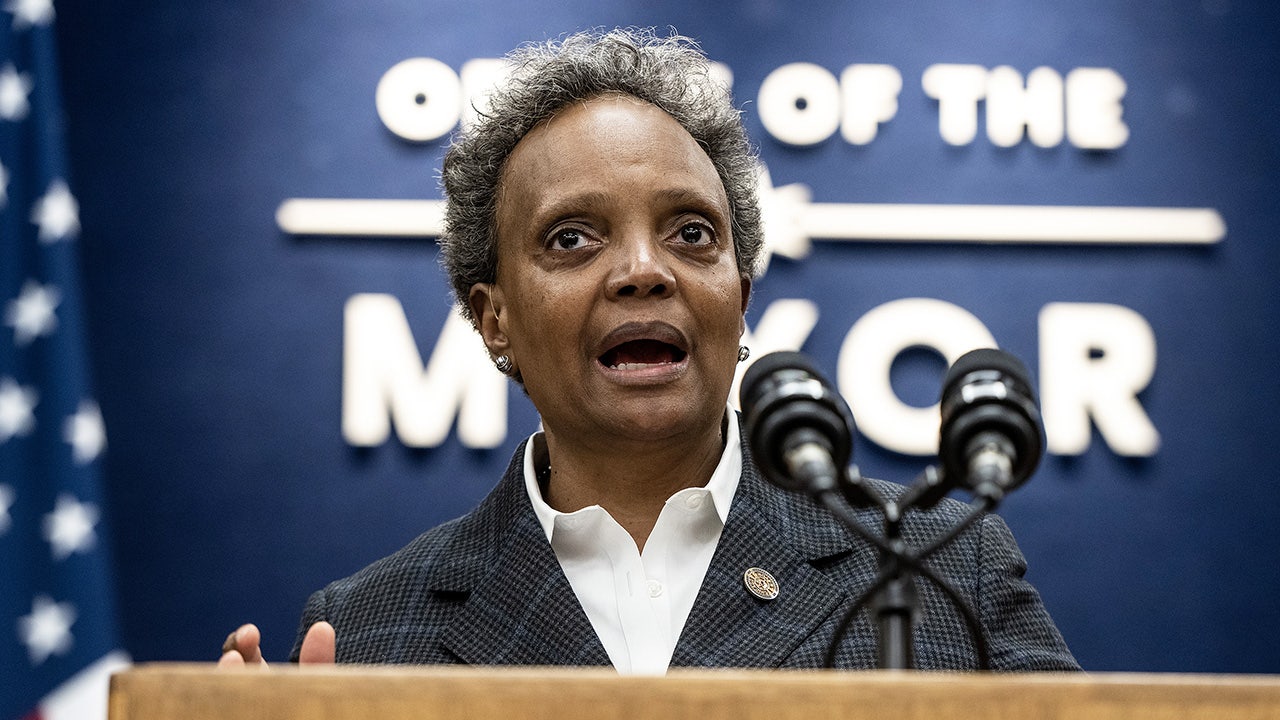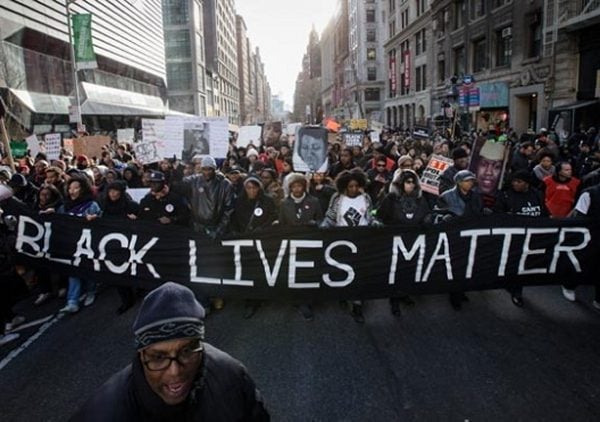In the revelatory Boston Strangler, Matt Ruskin (Crown Heights) flips a well-known saga on its head. The story has been told onscreen many times, first and most famously in a 1968 feature starring Tony Curtis and Henry Fonda. In that movie, released only a few years after a series of murders targeted single women in their Boston-area apartments, the only female characters of note are victims. A select group of upstanding male detectives puzzle over the lurid details of the crimes and wax psychological about the perp. They get their man. Then came the straight-to-video thrillers about Albert DeSalvo, the confessed but not quite proven killer, and the countless episodes of true-crime series. This time around, the investigator played by Fonda has just one scene and a couple of lines; the center instead belongs to the two female reporters who broke the story and, in the process, put the Boston PD on notice.
Those heroic newshounds are played with exquisite workaday grit by Keira Knightley and Carrie Coon. “Inspired by a true story,” Boston Strangler melds crime thriller and journalism drama, illuminating with a noirish spark the midcentury sexual politics that any American woman (or girl) faced. Shot in and around Boston, the Hulu film is subdued and gripping, its intensely desaturated palette and Paul Leonard-Morgan’s dread-drenched score conveying the panic and gloom that held a city in a cursed spell for a year and half. Within the gray streets and the drab, smoky newsroom, this is a story of life against death, fueled by the rage and wisdom of tough dames seeking answers in a man’s world, entering places where women aren’t invited: the paper’s crime desk, the police precinct, the local watering hole.
Boston Strangler
The Bottom Line
Smart and powerfully understated.
The story belongs to Loretta McLaughlin (Knightley) and Jean Cole (Coon). At the Record American in 1962, Loretta is a frustrated lifestyle reporter, her latest assignment a product review of the new Sunbeam toaster. Clipping crime reports from the city’s other papers, she’s keeping track of how her tabloid keeps being scooped by its competitors. When she detects a pattern connecting a couple of recent murders, grizzled editor Jack (Chris Cooper), in an age-old tradition of condescension and obstruction, won’t give her a shot with the big boys. “Kid,” he tells her, “you’re not covering a homicide.” Raring to go, she offers to pursue the story on her own time. Jack’s OK with that, and at first Loretta’s husband, James (Morgan Spector), is as well.
After her hunches prove correct and she’s grudgingly given the official go-ahead, Loretta isn’t at first happy to be assigned a partner, even though it’s someone she’s been dazzled by: Jean Cole, fresh off an undercover exposé on nursing homes and the paper’s rare female reporter with clout. But whatever Loretta’s misgivings about not flying solo, in short order they’re a well-synced team, Jean’s experience and know-how filling in the blanks in Loretta’s arsenal, and her cool equanimity balancing the more excitable Loretta’s fire.
About the same age and both married and raising kids, the two have a lot in common, communicated in a few deft scenes of crisp dialogue and loaded glances. Loretta is condemned and guilt-tripped by her sister-in-law (Therese Plaehn) for being a working mother. Jean’s husband (Stephen Thorne) is spiking his morning coffee. With such sharp writing and strong performances, there’s no need to belabor the push-pull between home life and career. Ruskin’s focus is how the women crack the case, and how it becomes a driving purpose for Loretta as she convinces first Jack and then the city that a serial killer is in their midst.
Even as Ruskin compresses some of the timeline, Loretta’s pursuit of the story unfolds with a deliberate pace, Anne McCabe’s editing in sync with the urgency and the dark depths of a story that is, at its core, about the primal terror of sexual assault and murder. The violence itself is mostly offscreen, conveyed in shorthand visuals and distressing sounds. The Boston Strangler, as Loretta and Jean’s reports eventually label him, poses as an unscheduled handyman “sent by the super,” and it’s chilling to see (or hear) woman after woman letting him in.
“These are nobodies” is Jack’s first comment about the victims — meaning that their murders aren’t newsworthy. Ruskin delves briefly into a couple of their stories, but his main interest is the bond between Loretta and Jean in their mission to warn the city’s women and spur the police to action. This is a story of sisterhood that’s not about sloganeering but about the very basic matter of being taken seriously. And it’s a story about the business of news — the circulation stunts, the headlines, the sensationalism. By connecting dots that the police refuse to even recognize, Loretta and Jean are sounding an alarm, and that’s inseparable from stirring up fear.
As the death toll climbs, Police Commissioner McNamara (Bill Camp) is more interested in devoting resources to raiding gay bars than protecting the city’s women. His department closes ranks not just against the “skirts” covering the crimes, but also against detectives from other cities (Rory Cochrane, James Ciccone) who offer information. When Loretta’s reporting reveals the many ways the cops have bungled the investigation, the Record American’s editor-in-chief (Robert John Burke) pushes back: “I’m not waging a war against the police department,” he tells her. She finds a more collaborative attitude in a homicide detective, Jim Conley (Alessandro Nivola), who’s willing to trade information about the case with her. But he holds out little hope for a solution, jaded and exhausted by what he sees as an uphill battle within an overloaded system.
In some ways he’s proved right. The gruesome case is eventually closed, but not quite solved — certainly not to Loretta’s satisfaction. Jettisoning the ’68 drama’s unfounded and since disproven conjectures, Ruskin looks at Loretta’s unsettling dealings with chief suspect Albert DeSalvo (David Dastmalchian) and her explorations of a few others (Ryan Winkles, Greg Vrotsos, Christian Mallen, Ian Lyons). Her tireless work ultimately uncovers a jaw-dropping connection among several of them that involves a facility for the criminally insane and the high-powered attorney F. Lee Bailey (a brief turn from Luke Kirby, of The Marvelous Mrs. Maisel). With each lead and breakthrough, Knightley subtly shows the roil of beneath-the-surface emotions; as a professional, Loretta can’t tip her hand, and as a woman, she feels more alive to be doing work that matters to her and was long denied her.
Ben Kutchins’ camerawork is thoroughly attuned to the story’s mood and setting but never loses grasp of the two lead performances; they’re sometimes the only elements of the frame that are in focus. In their matter-of-fact toughness and mostly unshakable composure, Knightley and Coon are riveting as their characters navigate boys’ club politics and newsroom dynamics — and Cooper provides a superb foil with his thoroughly lived-in embodiment of a newsman undergoing a reluctant awakening. The period details don’t announce themselves; from the men’s hats to the pre-computer-age tech to Jacqueline Kennedy’s televised tour of the White House, they’re seamless elements of the movie’s texture.
Shifting the oft-told story’s center from criminal deviance to hardworking reporters, Ruskin has made a smart and unsentimental tribute to McLaughlin and Cole, who went on to have distinguished careers and live long lives (McLaughlin died in 2018, Cole in 2015). An end-credits photo of the two colleagues and friends is disarming; pocketbooks and all, they’re hardly noir paragons. And that makes their courage all the more noteworthy. One of the most affecting moments in the film — rewardingly underplayed, like everything else — arrives when Loretta and Jean receive stacks of mail from female readers in response to their reports about the killings. The Record American runs a story about it, under the sign-of-the-times headline “Girls’ Strangler Series Draws Response.” Whether you call them girls, skirts, ladies or broads, they got the job done. Recognizing danger, they helped the women of their community, the “nobodies,” feel heard and seen and cared about. And, tossing aside appliance reviews, Loretta McLaughlin redefined “women’s work” on her own terms.

























































